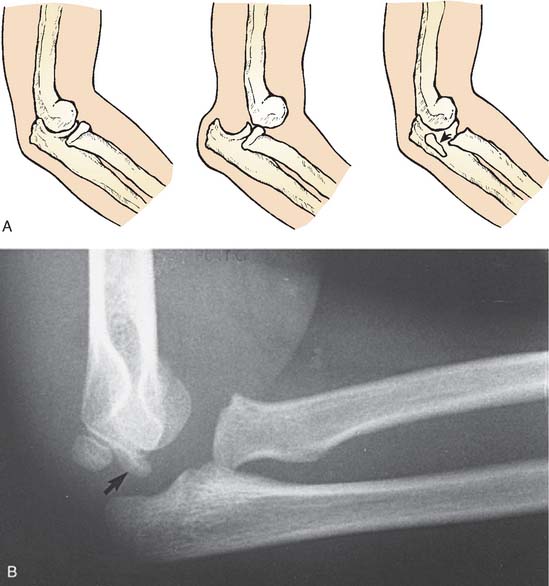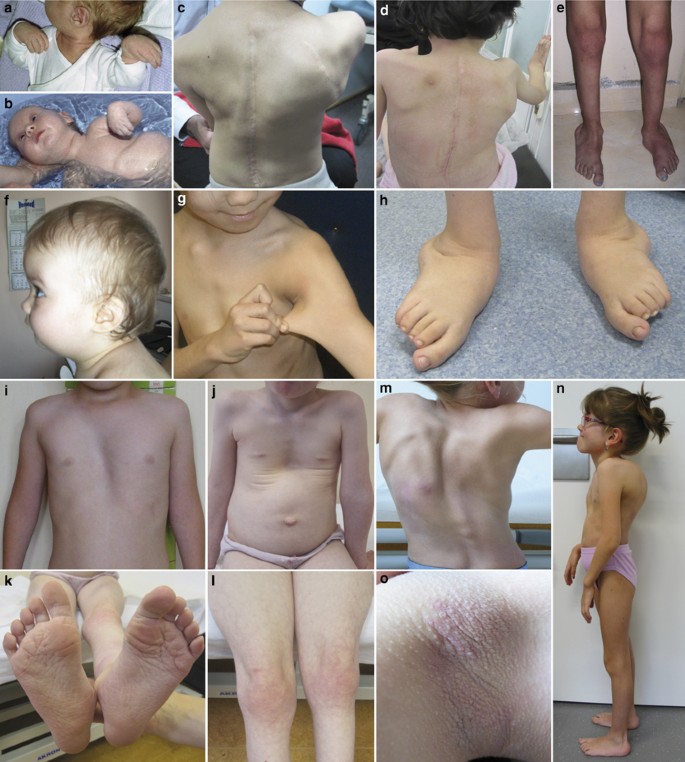Growing up with Ehlers-Danlos Syndrome (EDS) can be a unique experience—filled with challenges, some laughter, and a whole lot of resilience. Whether you’re reflecting on your own childhood or trying to better understand the life of someone with EDS, this list offers a glimpse into the day-to-day triumphs and struggles.
Here are 23 Signs You Grew Up with Ehlers-Danlos Syndrome was a defining part of your life, in sometimes unexpected ways:
1. You’ve Been Called “Double-Jointed” Too Many Times
It starts off as a party trick, but explaining, “It’s not a talent, it’s a connective tissue disorder,” doesn’t have the same appeal.
2. Bandages Became Fashion Accessories
You perfected the art of matching braces, wraps, and bandages to your outfits because, well, they were basically a permanent part of your look.
3. PE Class Was a Minefield
Running, jumping, and team sports? Cue the dreaded “I’m going to sit this one out” explanation…and the resulting side-eye from classmates.
4. Sleepovers Were Strategic Operations
You always scoped out the comfiest spot because a bad mattress could ruin your week with joint pain.
5. You Became an Amateur Weather Forecaster
Aching joints? Guess a storm’s on the way. You might not have been 100% accurate, but you were pretty close.
6. Dislocations Were Casual Occurrences

While others panicked, you were like, “Oh, no big deal, this happens all the time. Just pop it back.”
7. People Thought You Were Just Clumsy
Tripping, falling, or bumping into things wasn’t carelessness—it was a combination of hypermobility and your body being, well, unpredictable.
8. Ibuprofen and Heat Packs Were Family Staples
From an early age, your household stocked up like it was prepping for a lifetime of discomfort. And they weren’t wrong.
9. You Had a Doctor on Speed Dial
Your medical file was so thick, you often joked that it had its own shelf.
10. Stretching Was a Game of Roulette
Sometimes stretching helped; other times, it just made things worse. Definitely a “proceed with caution” activity.
11. It Took Forever to Get a Diagnosis
For years, people probably told you “it’s all in your head.” When you finally found that one doctor who connected the dots, it was a moment you’ll never forget.
12. People Didn’t Believe Your Pain Was Real
You’ve heard everything from “But you look fine!” to “You’re too young to have those problems,” when trying to explain what’s going on.
13. Custom Shoes Became a Necessity
Forget style—supportive footwear was life. Comfort came before fashion, every single time.
14. The Snap, Crackle, Pop Symphony Was Yours
Your joints were basically an orchestra of cracks anytime you stretched or moved, and yes, you became used to it.
15. You Were the Flexible Friend in Hide-and-Seek
Getting into weird spaces was easy for you. Getting out, however, was a different story.
16. You Learned How to Advocate for Yourself Early
Because if you didn’t speak up for your needs, no one else would.
17. Long Car Rides Were Torture
Being stuck in one position for too long? Pure nightmare fuel for your joints and back.
18. You Excelled at Finding the Right Seat
Whether it was in class, at the movies, or on a plane, you became an expert at identifying the seat with the most potential for comfort.
19. People Called You “Lazy”
Resting instead of pushing through pain looked different to others. You knew it was a survival strategy, not a lack of effort.
20. You Were Always Prepared
A bag full of braces, medications, and snacks for blood sugar dips went everywhere with you. You were the definition of “ready for anything.”
21. You Knew the Difference Between a Good Day and a Bad Day
Some days felt like a breeze; on others, even brushing your teeth could feel like a marathon.
22. You Had a Love-Hate Relationship with Scar Tape
You learned all the tricks for managing fragile skin but sometimes rolled your eyes when products didn’t deliver on their promises.
23. You Had (and Still Have) a Resilient Spirit
Despite everything, you find a way to keep going—and even laugh at the absurd moments along the way.
A Note of Encouragement
Growing up with Ehlers-Danlos Syndrome means you’ve faced more hurdles than most. But it’s also likely made you strong, adaptable, and empathetic. It’s okay to rest when you need to, advocate for yourself unapologetically, and share your story to inspire others. You’ve navigated a unique path, and that resilience is something to celebrate!
Because really, you’re stronger than you think—even if sometimes you crack and pop along the way.


